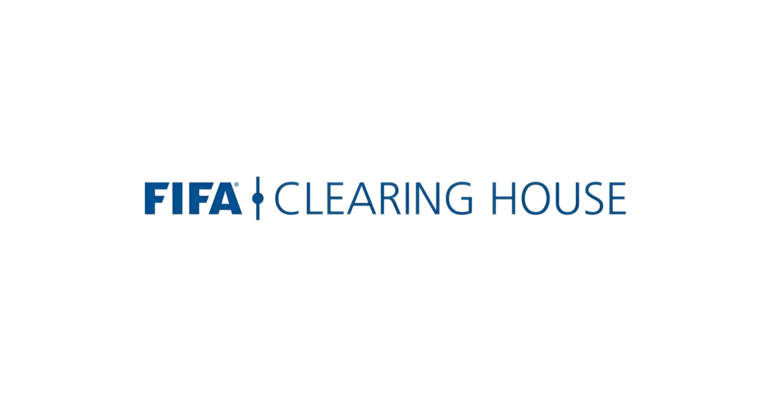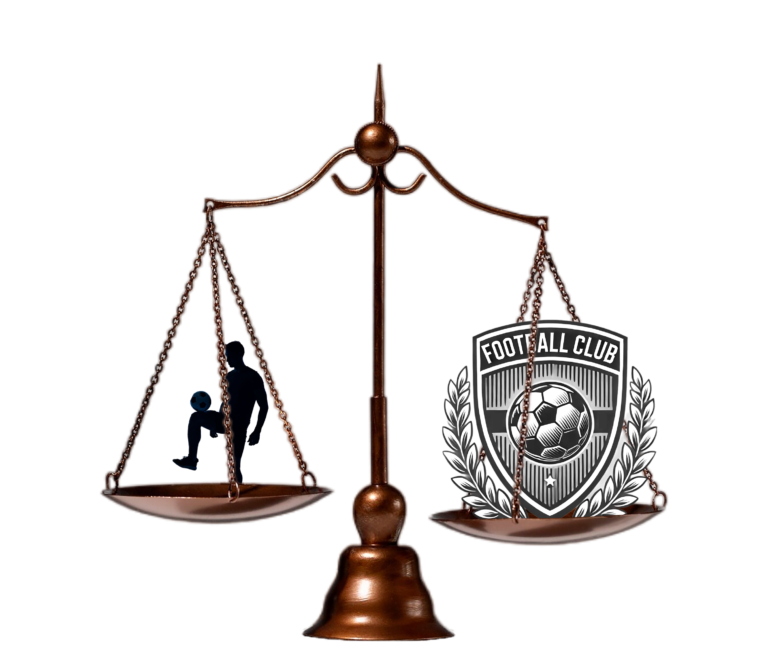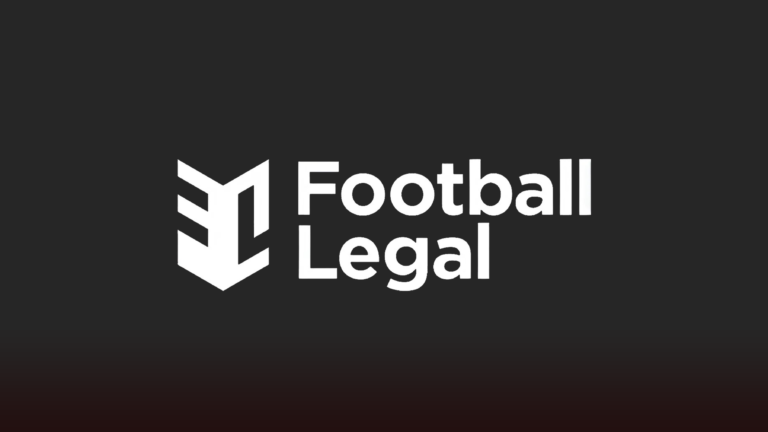Principles of Good Governance in Armenian Sports: Current Status
Introduction
The governance of sports in Armenia is under scrutiny, particularly concerning the Principles of Good Governance in Armenian Sports as outlined by the Council of Europe. Despite Armenia’s commitment to these standards, significant gaps hinder the development of professional sports. This analysis delves into the current state of governance within the Armenian sports industry, identifying key challenges and proposing actionable recommendations.
Research Relevance on Good Governance in Armenian Sports
Implementing the Principles of Good Governance in Armenian Sports is crucial for the nation’s athletic progression. Outdated laws, insufficient regulatory mechanisms, and a lack of clear pathways from amateur to professional levels impede progress. Sports such as wrestling, boxing, and chess are notably affected, with governance practices falling short of international standards.
Key Findings on Good Governance in Armenian Sports
1. Legal Gaps Hindering Good Governance in Armenian Sports
Armenia’s legal system lacks enforceable tools to mandate stakeholder compliance with governance standards. Unlike countries like Spain, which have specific transparency laws for sports, Armenia’s framework is fragmented, offering no clear guidelines on transparency or public accountability.
2. Governance Gaps in National Sports Bodies:
Many Sports Governing Bodies (SGBs) in Armenia operate without transparency. Essential documents such as constitutions, regulations, and annual reports are often inaccessible. Furthermore, several SGBs lack official websites, relying instead on sporadic social media updates. This opacity is exacerbated by governance structures that concentrate power within executive committees or individual leaders, lacking necessary checks and balances.
3. Amateur to Professional Transition
The transition from amateur to professional sports remains a significant challenge in Armenia. Except for football, there is a lack of structured support for athletes aiming to reach professional levels. This deficiency hampers the development of elite sports across the nation.
4. Transparency and Accountability
Transparency in Armenian sports governance is poorly implemented. Unlike countries with dedicated transparency laws, Armenian sports bodies often require formal requests to release information, creating barriers to public access. This lack of proactive disclosure fosters mistrust and inefficiency.
5. Challenges in the Governance of Sports Federations in Armenia
Democratic processes within Armenian sports governance are insufficient. Although federations claim adherence to international standards, local applications often fall short. Elections within federations are frequently procedural, with key decisions concentrated among a selected few.
Methodology:
The study employs a comprehensive analysis of international best practices, examining Armenia’s compliance with the Principles of Good Governance in Armenian Sports. It utilizes both deductive and inductive reasoning, adopting a comparative approach to highlight areas where Armenia lags behind European counterparts.
Recommendations:
Adoption of a Unified Transparency Framework
Armenia should enact a national law akin to Spain’s Act on Transparency, Access to Public Information, and Good Governance. This legislation would mandate sports bodies to disclose information proactively, including the establishment of a Transparency Portal.
Enhancing Democratic Processes
Federations must implement clear, democratic election procedures that encourage broader stakeholder participation. These processes should transcend formal compliance, fostering genuine dialogue among athletes, coaches, and fans.
Strengthening Checks and Balances
To prevent power concentration within sports federations, Armenian SGBs should establish checks and balances. This includes separating legislative, executive, and judicial powers within their organizations.
Building a Bridge Between Amateur and Professional Sports
Creating structured development programs is essential to facilitate athletes’ transition from amateur to professional levels. These programs should offer professional opportunities beyond football, which currently has the most developed infrastructure.
Fostering Social Dialogue
Initiating social dialogue between sports federations and the public, including athletes, coaches, and fans, is vital. Establishing forums or platforms for stakeholder engagement can enhance governance practices.
The research underscores that while Armenia has made strides in developing its sports governance structures, significant work remains. By aligning more closely with the Principles of Good Governance as outlined by the Council of Europe, Armenian sports federations can foster greater transparency, accountability, and democratic engagement. The recommendations offered in this publication aim to provide a roadmap for reforms that will support the growth and professionalization of sports in Armenia. This publication is a must-read for sports administrators, legal experts, policymakers, and anyone interested in the governance of sports in Armenia. It provides both a critical analysis of current challenges and a forward-looking vision for reform.
You can read about other publications through the following link.
The article written by Ashot Kyureghyan with co-authorship of Arman Avetisyan.





